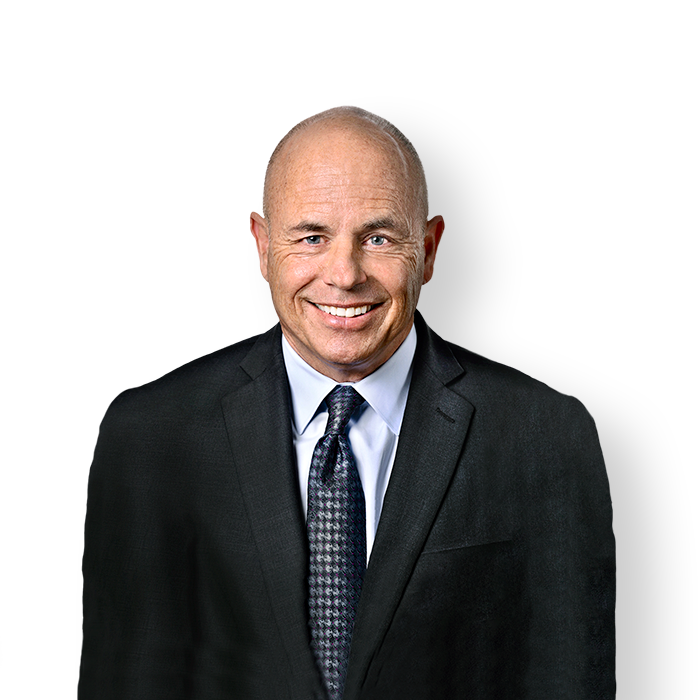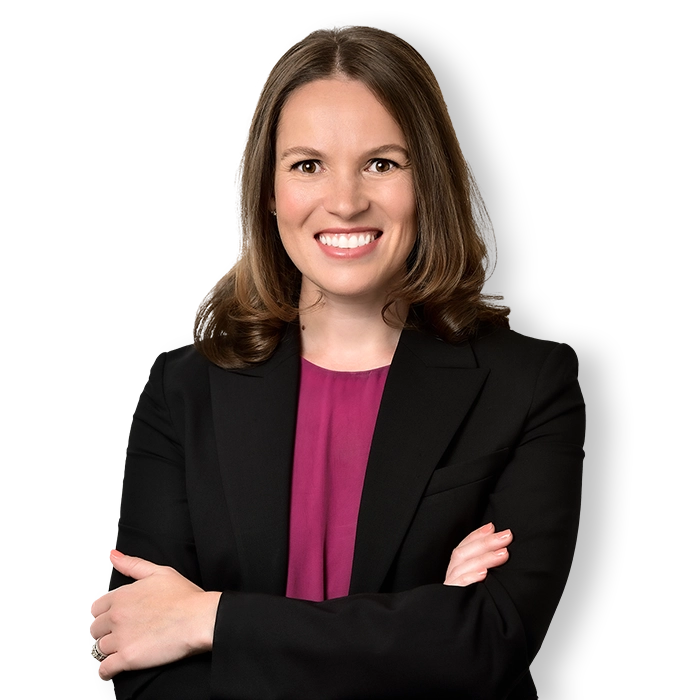EIDL: Another Loan Available to Health Care Providers Under The CARES Act

The Coronavirus Aid, Relief, and Economic Security Act, or CARES Act (H.R.748)[1] contains a broad range of relief for small businesses including health care providers, to help them stay afloat and cope with the devastating impact of COVID-19. One form of relief is the Paycheck Protection Program (PPP), which provides forgivable loans to small businesses that keep their employees for at least eight weeks. The focus of this Health Law Advisory is another loan program expanded by CARES that has received less attention than the PPP, which is the Economic Injury Disaster Loan program (EIDL).
The Small Business Administration (SBA) has long had the authority to provide loans to small businesses that have “suffered a substantial economic injury” as a result of a disaster.[2] Building on this, the CARES Act expands eligibility for EIDL loans and provides for a forgivable loan advance of up to $10,000 available within three days of verification of eligibility, even if a loan is not approved.[3] Small business owners may use the EIDL for sick leave, payroll, rent, or other obligations that cannot be met due to revenue losses. The EIDL can also be used to cover increased costs to obtain materials or supplies due to disruptions in the global supply chain.
The CARES Act added provisions meant to streamline the EIDL application and approval process. In particular, the SBA is directed to waive certain rules to verify eligibility. For example:
- No personal guarantees required for EIDL loans up to $200,000
- No requirement the applicant was in business for a full year before the disaster or emergency, so long as the applicant was in business on or before January 31, 2020
- No requirement the applicant has been unsuccessful in seeking a loan elsewhere
EIDL loans are available to small businesses with up to 500 employees, sole proprietorships (even those without employees), individuals who operate as independent contractors, and private nonprofit organizations.
An EIDL loan, on its own or in conjunction with a PPP loan, may be attractive to smaller health care providers for the following reasons:
- The application is straightforward and funding should be available within days
- Non-profit organizations, sole proprietorships and independent contractors are eligible
- The funds can be used for more purposes than a PPP loan, and may help providers facing increased costs of acquiring personal protective equipment (PPE) or other supplies
A business that receives both an EIDL loan and a PPP loan cannot use them for the same purposes, so it is recommended that borrowers designate and document the separate use of proceeds from the PPL loan and EIDL. Plus, EIDL loans are subject to some restrictions that do not apply to PPP loans. For example, the SBA may require collateral for EIDL loans of more than $25,000
The CARES Act appropriates $10 billion for EIDL loans, so applications should be submitted quickly. Although one may apply for a PPP loan at any SBA-approved bank (and the bank should assist with the application), it appears applications must be made directly with the SBA for an EIDL. The EIDL application is available through the SBA’s website.
For further information, please contact Gary Torrell in Los Angeles, Stephanie Gross or Paul Smith in San Francisco, Amy Joseph in Boston, or your regular Hooper, Lundy & Bookman contact.
[1] HLB’s summary of the key provisions of the CARES Act can be found at: http://www.health-law.com/newsroom-advisories-250.html.
[2] The CARES Act expands the availability of these loans to “emergencies.” Because an emergency or disaster declaration has already been issued in each U.S. state and territory in response to the COVID-19 pandemic, these loans are available across the country.
[3] While the SBA makes EIDL loans of up to $2 million, only the $10,000 advance is forgivable under the CARES Act.

